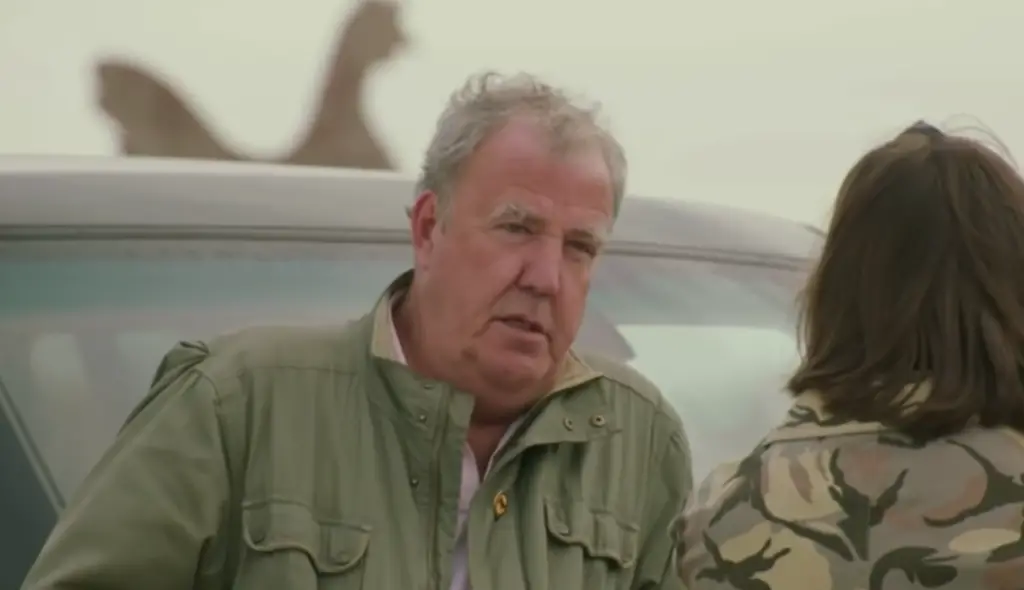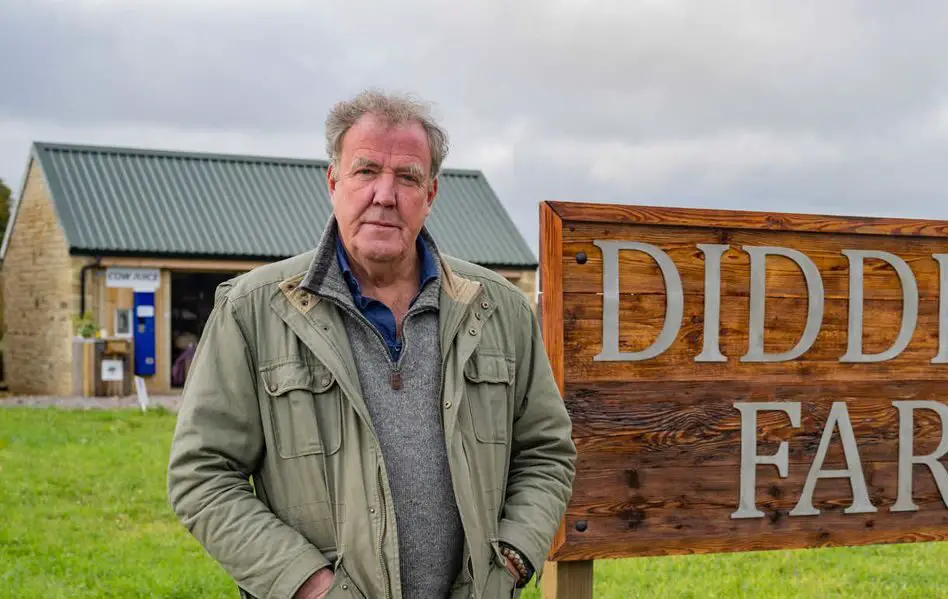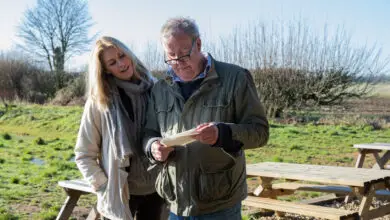Jeremy Clarkson Reveals Money Troubles That Made Him Consider Quitting Clarkson’s Farm
In his latest column for The Sunday times, Jeremy Clarkson wrote about the money troubles behind Diddly Squat Farm that made him consider quitting the farming life.
This comes after the cost of fertiliser increased significantly meaning the Grand Tour host would have to pay above £130,000 for the chemicals he needs for the land. Clarkson wrote:
“This question has been troubling me all year. As fertiliser prices went through the roof, past the chimney pots and the lightning conductor and then continued going upwards, from £200 a tonne to more than £1,000, I started to wonder if I’d be financially better off if I took up wilding and went to bed for a year.
“I couldn’t really afford to use fertiliser, and I couldn’t afford not to because the soil round these parts, and the altitude, conspire to make the organic option a nonstarter. Maybe I really should just say phooey and not do any farming at all.”

The Top Gear host explained that what stopped him from throwing in the towel was meeting Groove Armada founder Andy Cato, who is also a local farmer. Cato helped Clarkson with a technique he had found success with, they dug two holes in different parts of the field to see what the soil was like and what it would suit. Cato advised Clarkson to grow wheat and beans at the same time.
Clarkson went on to explain:
“Then things got even more complicated because it turns out you don’t just drive around spraying the crops willy-nilly with insecticides and pesticides and fungicides.
“You test them regularly to see specifically what they need. And then you give them that.”
Clarkson also revealed that his Clarkson’s Farm co-star Kaleb Cooper was not impressed with the latest idea “because driving around in his tractor, killing weeds and insects and pumping chemicals into the soil is how he makes a living.”
According to Clarkson, Cooper thinks more about how much of a product he uses rather than the cost. Clarkson continued:
“With regenerative farming, however, you think about pounds (£) rather than pounds (lb).”
“You accept that you grow less, but recognise that because you are using less fertiliser, insecticide and diesel, your profit margins are higher.”



